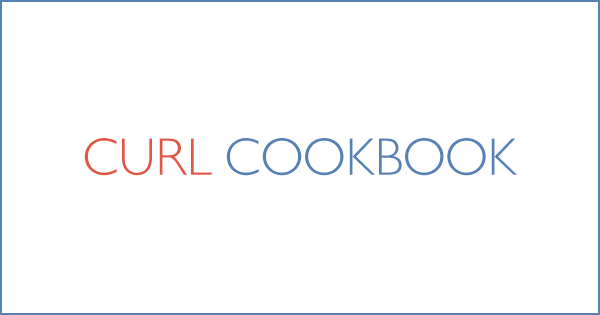I and my team at Browserling just created the Curl Cookbook. It contains over a dozen organic, nutritious, and completely irresistible recipes for quickly getting the everyday curl tasks done.

Here are all the recipes in the Curl Cookbook:
- Make a POST Request (TLDR: Use
-X POSTargument) - Add POST Data to a Request (TLDR: Use
-d var=valargument) - Construct a Query String (TLDR: Use
-Gargument) - Add HTTP Headers (TLDR: Use
-H 'Header: Value'argument) - Change the User Agent (TLDR: Use
-A 'User Agent'argument) - Set Cookies (TLDR: Use
-b name=valueargument) - Add a Referrer (TLDR: Use
-e URLargument) - Follow a 3XX Redirect (TLDR: Use
-Largument) - Use the Basic HTTP Authentication (TLDR: Use
-u user:passargument) - Print the Response Headers (TLDR: Use
-iargument) - Use a Proxy (TLDR: Use
-x protocol://host:portargument) - Ignore the SSL Certificate (TLDR: Use
-kargument) - Make Curl Silent (TLDR: Use
-sargument) - Save the Response to a File (TLDR: Use
-o fileargument) - Make Curl Slow (TLDR: Use
--limit-rate 8k(8KB/sec) argument) - Debug Curl Requests (TLDR: Use
-vor--tracearguments) - Make a GET Request (TLDR: No arguments required, it's the default)
I'll be adding more recipes to Curl's Cookbook and will also create several more cookbooks for other technologies that I often use, such as dtrace, netcat, dig, wget, iptables, and lsof.
See you all then!
